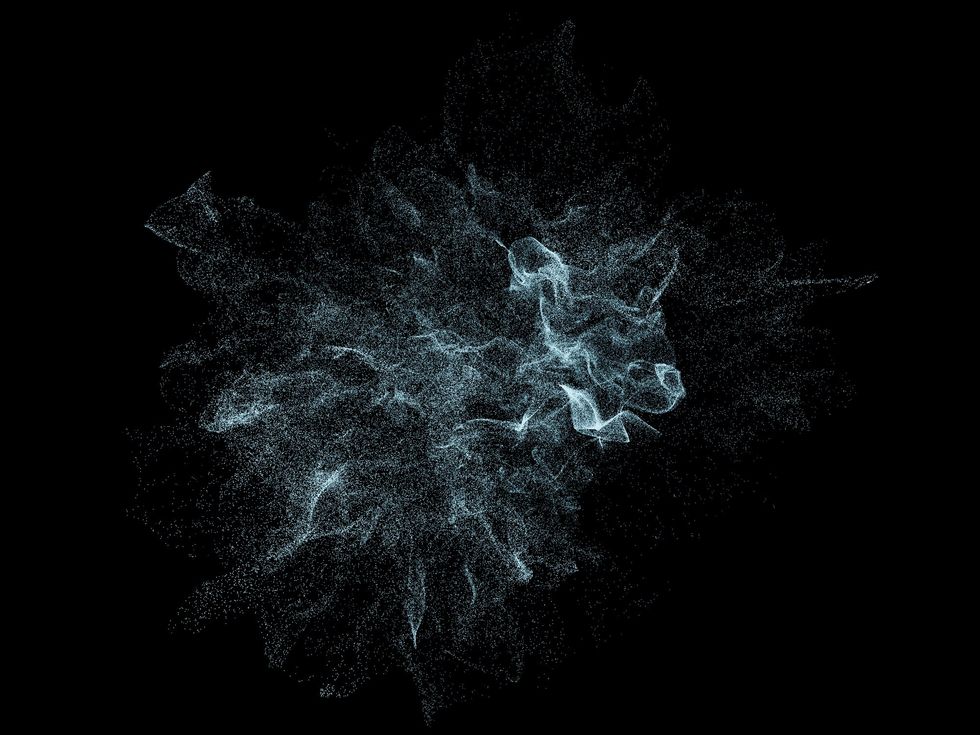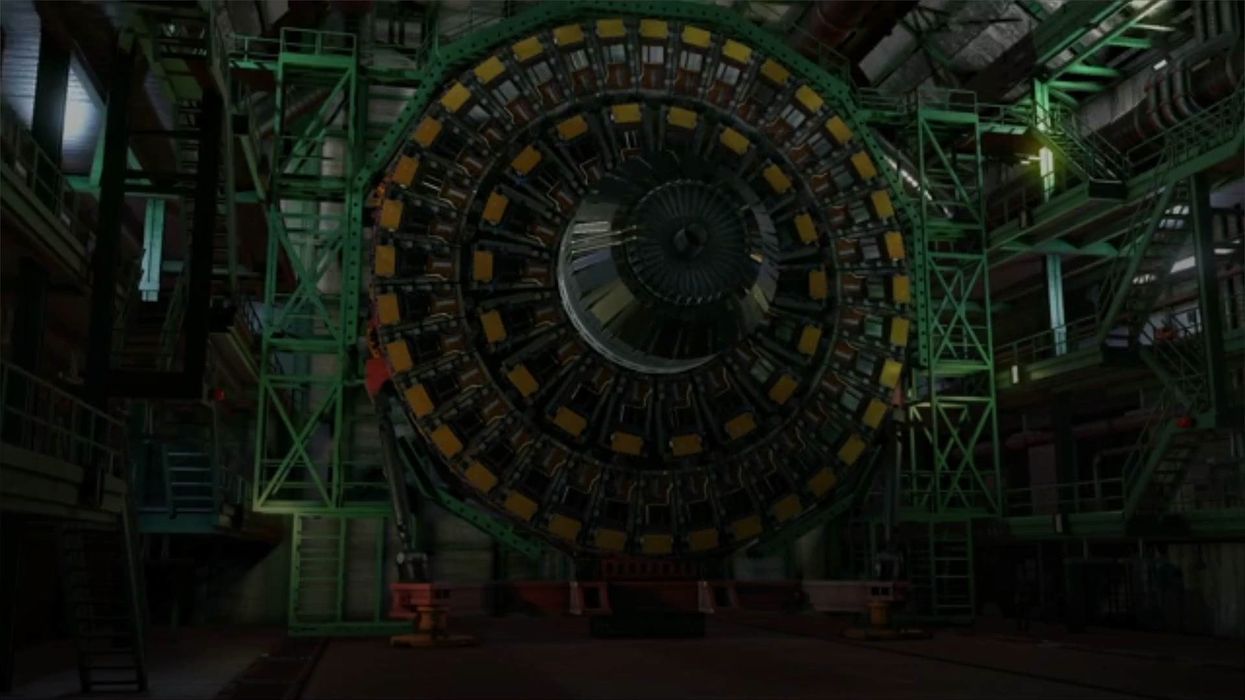Science & Tech
Harry Fletcher
Mar 26, 2024
Next-Generation Particle Collider Could 'Unveil Universe's Mysteries'
Money Talks News / VideoElephant
Experts are researching mysterious particles in our universe, which could offer us insights into some of the most intriguing areas of scientific understanding.
What are these mysterious particles, exactly? They're called "hidden sector particles" which have so far defied typical definition.
In fact, they've never been observed properly before and they don't conform strongly to the Standard Model, which is the current theory of particle physics.
Now, a total of 54 institutes across 18 countries are taking part in a new experiment known as the Search For Hidden Particles (SHiP).
The experts involved will have a new facility to conduct their research in.

CERN, which is the European Organisation for Nuclear Research, is responsible for the Large Hadron Collider (LHC) in Geneva, Switzerland. The group will build a new facility for SHiP by 2027.
Once operational, the experts will experiment by hitting fixed targets with a proton beam, with the intention of finding hidden and non-Standard Model particles in the resulting mix.
Leader Professor Andrey Golutvin from Imperial College London, said: "SHiP has the unique possibility to solve several of the major problems of Standard Model of particle physics and we have the prospect of discovering particles that have never been seen before."
The collaboration between the institutions is being led by Imperial College London. A spokesperson said: "When these particles decay or interact, they can produce the hidden particles SHiP is looking for.
"The energy and intensity of the SPS beam will enable huge numbers of well-known particles to be produced, meaning that SHiP will be able to make the world's best searches for new hidden particles."
It’s not the only thing CERN has planned which could change our understanding of the universe, either.
The organisation is also proposing a new "supercollider" called the Future Circular Collider (FCC) costing £17bn to be built by the 2040s, which would aid research into mysterious dark matter.
The SHip project costs a lot less, and will focus on other areas while the FCC is put forward.
Sign up for our free indy100 weekly newsletter
How to join the indy100's free WhatsApp channel
Have your say in our news democracy. Click the upvote icon at the top of the page to help raise this article through the indy100 rankings
Top 100
The Conversation (0)














